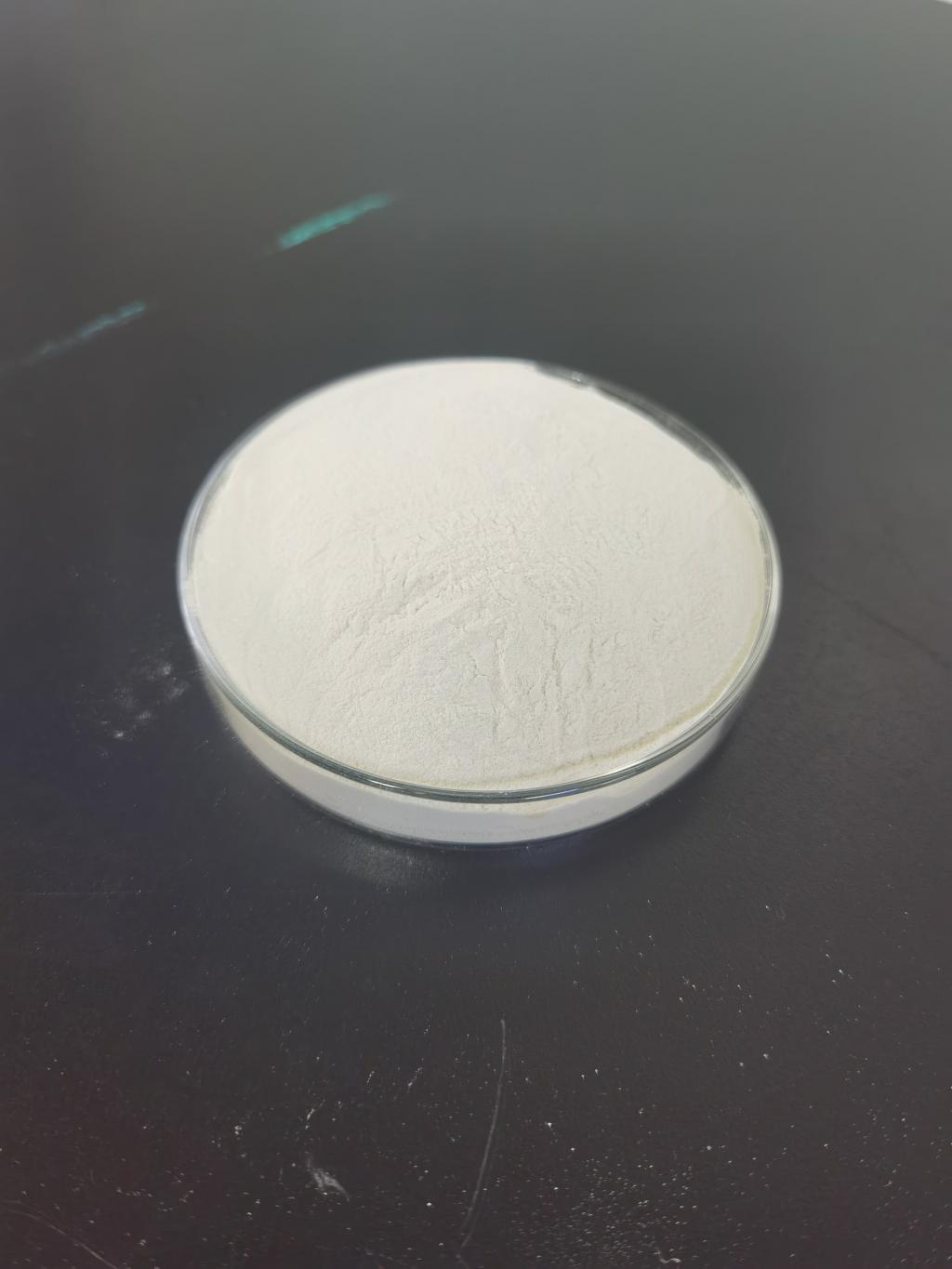Tel:+8618231198596

News
 CONTACT
CONTACT
 CONTACT
CONTACT
- Linkman:Linda Yao
- Tel: +8618231198596
- Email:linda.yao@dcpharma.cn
- Linkman:CHARLES.WANG
- Department:Overseas
- Tel: 0086 0311-85537378 0086 0311-85539701
News
Nisin's role in controlling the growth of pathogenic bacteria in dairy and fermented products.
TIME:2023-08-25
Introduction:
Dairy and fermented foods are enjoyed worldwide for their rich flavors, textures, and nutritional benefits. However, these products can harbor pathogenic bacteria that pose a threat to consumer health. Traditional methods of pathogen control, such as heat treatment, can alter the organoleptic properties and nutritional content of these products. Nisin, a naturally occurring antimicrobial peptide, offers an alternative approach to enhancing food safety without compromising product quality. This article highlights the significance of nisin in controlling pathogenic bacteria in dairy and fermented products.
Nisin: An Overview:
Nisin is a bacteriocin produced by certain strains of lactic acid bacteria, most notably Lactococcus lactis. It has been granted Generally Recognized as Safe (GRAS) status by regulatory agencies like the FDA and EFSA. Nisin's broad-spectrum antimicrobial activity against Gram-positive bacteria, along with its safe status for consumption, makes it a powerful tool for inhibiting the growth of pathogenic microorganisms in food.
Mechanisms of Action:
Nisin exerts its antimicrobial effects through multiple mechanisms. The primary mode of action involves binding to lipid II, a precursor molecule required for bacterial cell wall synthesis. This binding leads to pore formation in the cell membrane, causing leakage of intracellular components and eventual cell death. Additionally, nisin can interfere with essential cellular processes like nutrient uptake and energy production. Importantly, nisin's mode of action is specific to Gram-positive bacteria, minimizing its impact on beneficial microorganisms commonly found in fermented products.
Controlling Pathogenic Bacteria in Dairy Products:
Cheese: Cheese production involves a complex interplay of microorganisms that contribute to flavor development and texture. However, pathogenic bacteria such as Listeria monocytogenes can also proliferate. Nisin can be introduced during cheese production to suppress the growth of these harmful bacteria, ensuring safety without compromising the intricate microbial dynamics that create unique cheese varieties.
Yogurt: Nisin's incorporation into yogurt cultures can prevent the growth of pathogens like Salmonella and Escherichia coli. This enhances the safety of yogurt, a popular dairy product consumed globally, while maintaining the balance of beneficial bacteria responsible for its fermentation.
Buttermilk and Sour Cream: Dairy byproducts like buttermilk and sour cream can be susceptible to bacterial contamination during processing. Nisin's application can extend their shelf life by inhibiting the growth of spoilage and pathogenic bacteria.
Preserving Safety in Fermented Foods:
Fermented Meats: Traditional fermented meat products are prone to pathogenic bacteria like Staphylococcus aureus. Nisin's inclusion in the fermentation process can curb the growth of these harmful bacteria while preserving the traditional flavors and textures of products like sausages and cured meats.
Fermented Beverages: Nisin's targeted activity against pathogenic bacteria ensures the safety of fermented beverages like kefir and kombucha. This antimicrobial protection helps maintain the integrity of the microbial cultures responsible for the unique characteristics of these drinks.
Balancing Food Safety and Authenticity:
Preserving the safety of dairy and fermented products is essential, but maintaining their authenticity is equally important. Nisin's selective antimicrobial activity allows it to target harmful bacteria while sparing beneficial microbes. This ensures that the microbial communities crucial for fermentation and flavor development remain intact, enabling the production of authentic products with enhanced safety.
Conclusion:
Nisin's role in controlling the growth of pathogenic bacteria in dairy and fermented products has transformative implications for food safety and product quality. By harnessing nisin's natural antimicrobial properties, producers can offer consumers dairy and fermented foods that are not only safe to consume but also true to their traditional flavors and textures. As the food industry continues to emphasize both safety and authenticity, nisin stands as a valuable ally in ensuring that these beloved products continue to delight palates around the world.
- Tel:+8618231198596
- Whatsapp:18231198596
- Chat With Skype







